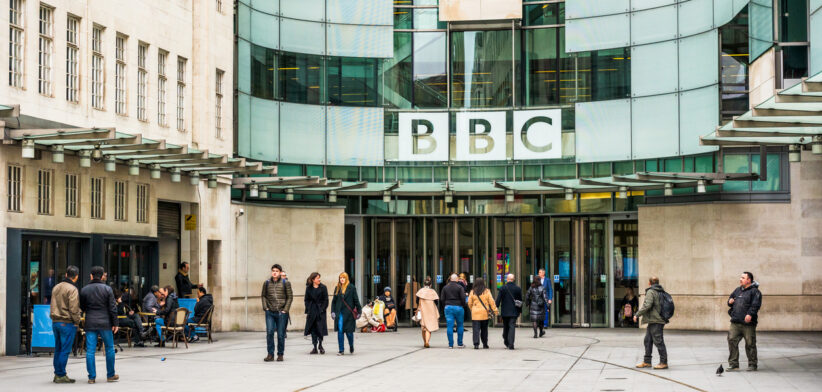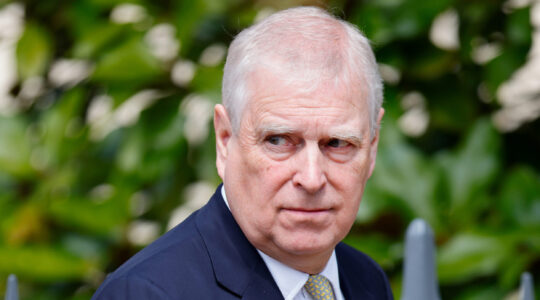By Susan Schwartz
The BBC – affectionately known as “Auntie” for its trusted and respected relationship with audiences – will stop broadcasting free-to-air television by 2035.
The official announcement was made recently by BBC Director-General Tim Davie who, after a long-winded speech about trust, said it was now time to confirm a digital switchover in the 2030s.
“We need to own a digital switchover, not get dragged into one, so we can and proactively shape the future,” Mr Davie said.
“We believe the BBC can play a vital role in helping to support audiences to transition to digital in a way that’s fair and equitable, where access is guaranteed and no one is left behind.
“We have been working hard to build digital platforms and content to meet changing audience needs, enriching our offer and welcoming the possibilities of a post-broadcast world.
“We want to transform the BBC through new technology. We want to create a new world-class centre for AI driven innovation based here in the UK.
“It will allow us to drive efficiencies and reinvest into world-class content. The UK can lead the market in developing a new wave of smarter platforms, like iPlayer, with improved functionality.
The official announcement has been a while in the making.
A report by British MPs in 2023 found the BBC was stuck in a “yesteryear” of TV and radio without a plan for delivering its services in a digital future.
The report said regulatory and funding uncertainties were making it less competitive in a rapidly changing global marketplace.
What will this mean for Australia’s own Auntie – the ABC?
The BBC move has sparked discussion all around the world, including Australia, about the future of all free-to-air broadcasting.
Is the BBC announcement the beginning of the end?
The stats don’t lie – streaming and pay television services now have 64 percent of the viewer market compared to just 24 percent for traditional broadcasters, the latest Nielsen figures show.
The global streaming market is tipped to grow by 18.5 percent a year between now and 2032, according to Fortune Business Insights.
One thing is for sure, it opens up the possibility that more funding models will emerge.
It’s only a matter of time.








